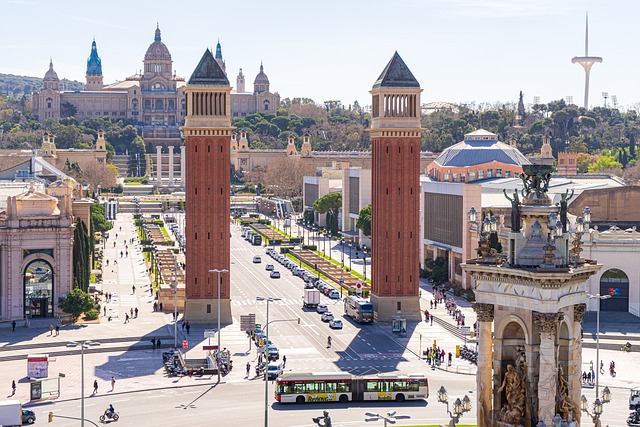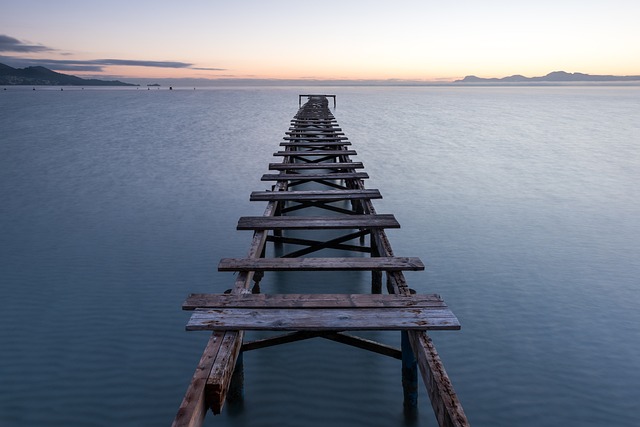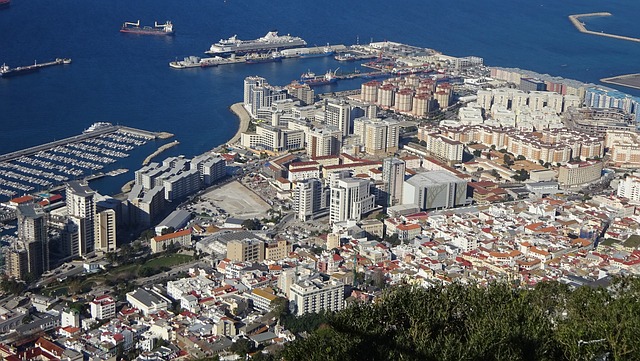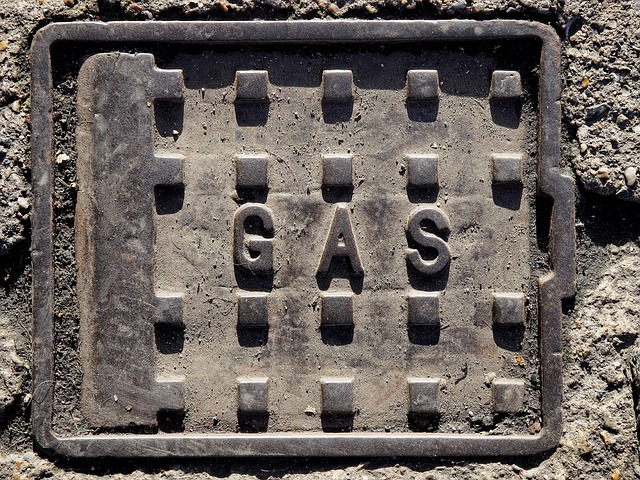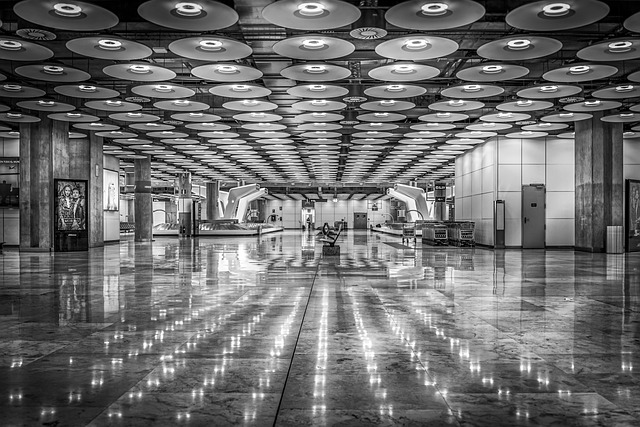News that some British military personnel were recently marched back to Gibraltar from Spain has once again thrown into the spotlight a piece of land, measuring just two-and-a-half square miles, which has been the cause of much tension between the two countries.
We were there the day this incident took place and its one of many that define this part of Spain which, by the looks of it, will be forever British.
The border is open, but checks are strict. Often, say the locals, Spanish police will ‘go-by-the-book’ and delay the passage of people and vehicles, leading to severe delays and congestion.
Spain does not like it that Gibraltar continues to exist, and indeed, florishes as part of Britain. Most Spanish polititans, especially on the right, consider it a national insult and would prefer to see it restored back to their own flag.
Negotiations are currently underway to see it back within the Shegnan customs area, a compromise after Gibraltar had to withdraw from the EU as part of the Brexit agreement.
So why does Britain continue to hang onto this tiny territory, right in the belly of one of its allies?
It’s all about where it is of course, as well as the people who live there.
Gibraltar sits at almost the most southerly point of Spain of the Iberian Peninsula, part of Continental Europe. It can only be accessed, on land, via Spain. The border is continually controlled by police from both countries. It has its own sea port and airport.
It is a British Overseas Territory, or BOT, and effectively delegates its running to the UK Government which is responsible for defence, foreign relations and internal security. The territory has a degree of internal self-governance, via a Chief Minister and the British monarch is head of state.
The British military personnel, said to be sailors, who got caught on the wrong side of the border flew in on a civilian flight and crossed into Spain to stay at a local hotel. They passed as civilian tourists, ignoring protocols agreed by both countries. When some tried to recross the border, they were questioned by Spanish police, their identitites were revealed and the group were rounded up and sent back. This happened on Monday 19 March, 2024.
When we crossed the border was calm and quiet, with nothing to indicate a near international incident.
But, tensions are never from the surface, and threaten to open old wounds. The timing was particularly senstive on this ocassion, because the British Navy were on manoeuvres in waters around the rock. This included blank firing and fast ship movements. Such exercises are seen as very provocative by the Spanish.
Yet these very waters are disputed, with Spain saying they are Spanish and the British they are theirs. The Chief Minister of Gibraltar, Fabian Picardo, continually argues that the sea around the Rock is “exclusively British” while the Spanish mayor of neighbouring Spanish city Algeciras, José Ignacio Landaluce, back in 2023 denied this.
Who has sovereignty over these waters comes down to an interpretation of the United Nations Convention on the Law of the Sea. It says that “…no territory can have a dry coast”, which is taken by the British to mean that meaning sovereignty doesn’t end at a country’s coastline and extends to “surrounding waters”.
The European Union and the United Kingdom are poised to start the 18th round of negotiations for a Gibraltar Treaty. This would see the territory back into the European Schengen area, creating “shared prosperity” with free movement of people and goods.
This is not a denial of Spain’s claim to the area, but a setting aside sovereignty claims for the time being.
The territory is only small, but its strategic position is huge, and has played a major role in a number of global conflicts, including the Napoleonic Wars and the Seocnd World War.
It is foremost a most important trading and military base for the UK, sitting right on the Strait of Gibraltar which connects the Mediterranean Sea with the Atlantic Ocean. This is one of most busy waterways in the entire world and roughly 300 ships pass through the Strait every day, or one vessel every five minutes.
The British Ministry of Defence employs 952 individuals in Gibraltar, with a significant civilian component.
Annually, Gibraltar sees the temporary presence of 12,000 to 14,000 British Armed Forces members. This incident with the four soldiers underscores the complex interplay between military presence and international diplomacy in the region.


